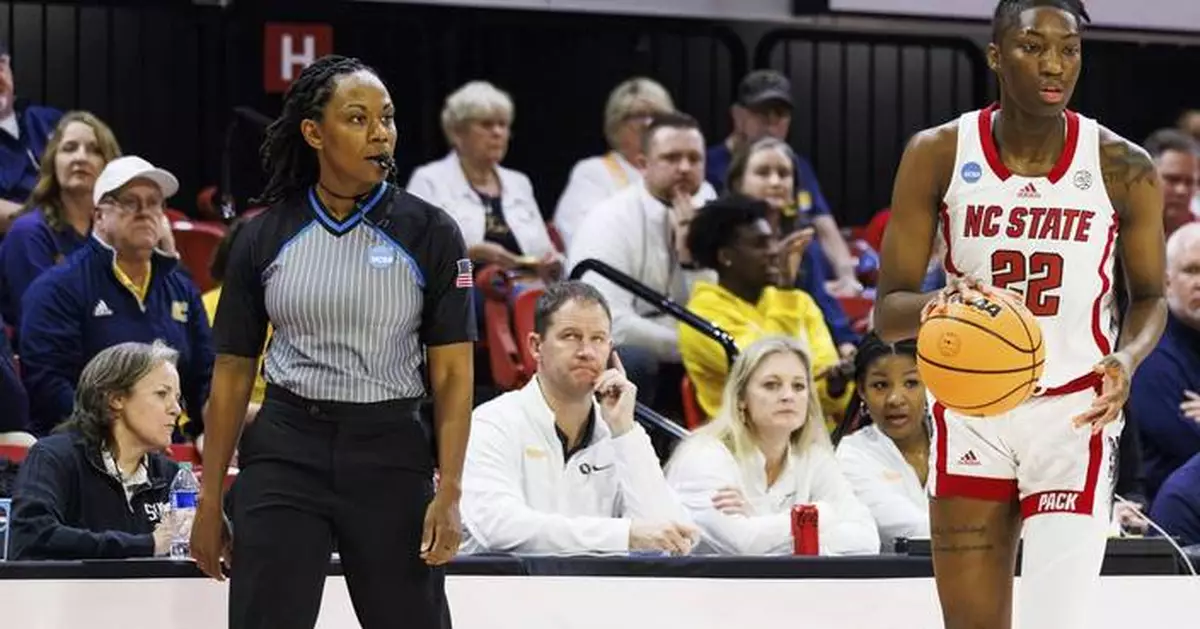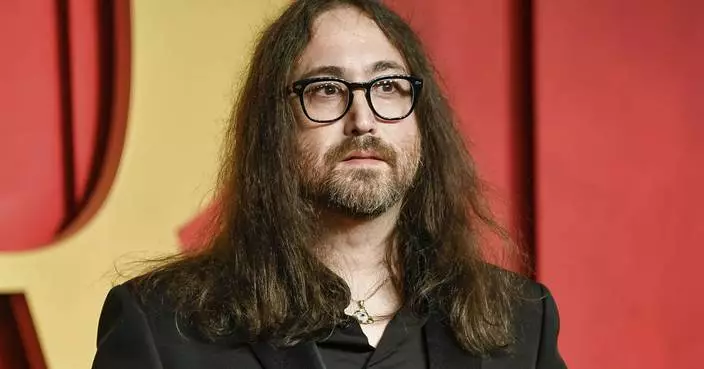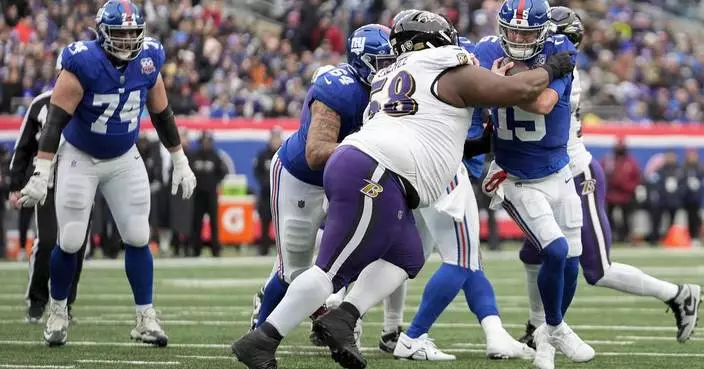A year after having the first-ever all-female officiating crew at the Final Four, the NCAA has chosen four males and seven females to referee the national semifinals and championship game this weekend in Cleveland.
Melissa Barlow will be officiating her 12th Final Four and Joe Vaszily will be working his 10th. They are the two most senior members of the group. Joining Barlow and Vaszily are Gina Cross, Roy Gulbeyan, Eric Brewton, Katie Lukanich, In'Fini Robinson, Tiffany Bird, Brenda Pantoja, Brian Hall and Angelica Suffren.
“These experienced officials delivered consistent and elite performances throughout the series of tournament games this year,” national coordinator of women’s basketball officiating Penny Davis said. “Their work on the floor has led to their selections for these upcoming assignments. It’s an honor to be selected for any tournament assignment, but to advance to these final games is not only an honor but bears an immense amount of responsibility. This group is prepared and ready!”
Five of the seven women chosen worked the games in Dallas last year, although none of them were on the court for the title game that the NCAA said earlier this season did not meet expectations.
Suffren had to work a game and a half in the opening round of the NCAA Tournament when official Tommi Paris was replaced at halftime after it was discovered she had gotten a masters degree at Chattanooga, which was playing in the game. Suffren had worked the first game at that site between Tennessee and Green Bay.
One official who won't be working this weekend is Dee Kantner, who had officiated in every Final Four since 1992 except for the five years she worked in the NBA from 1997-2002.
The first semifinal pits undefeated South Carolina against N.C. State while the second one has Caitlin Clark and Iowa facing UConn.
AP March Madness bracket: https://apnews.com/hub/ncaa-womens-bracket/ and coverage: https://apnews.com/hub/march-madness
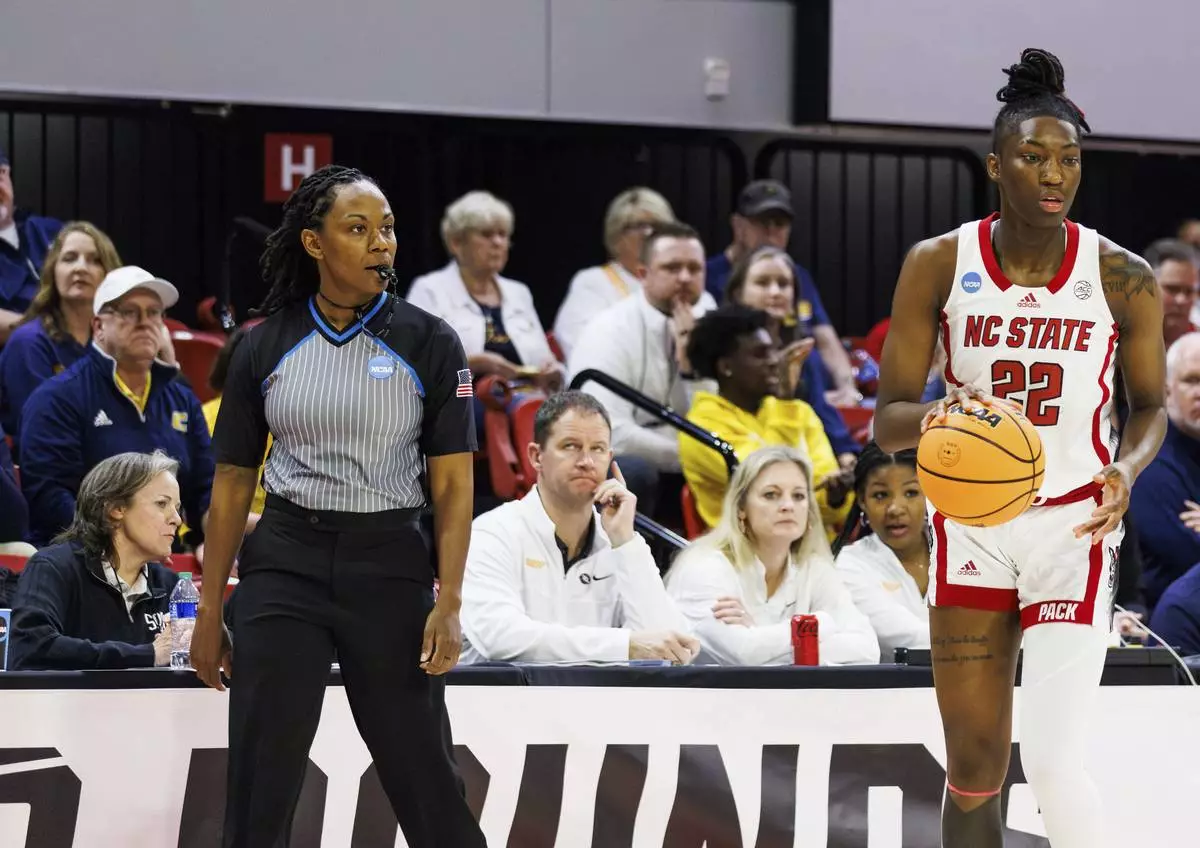
Official Tommi Paris, left, watches as North Carolina State's Saniya Rivers (22) handles the ball during the first half of a first-round college basketball game in the NCAA Tournament in Raleigh, N.C., Saturday, March 23, 2024. Paris was replaced at halftime by referee Angelica Suffren, who worked the earlier Green Bay-Tennessee game. NCAA representatives on-site didn’t provide a reason for the change. (AP Photo/Ben McKeown)
TOKYO (AP) — Tsuneo Watanabe, the powerful head of Japan's largest newspaper who had close ties with the country's powerful conservative leaders, has died, his company said Thursday. He was 98.
Watanabe, the editor-in-chief of the Yomiuri Shimbun for over 30 years, died of pneumonia at a Tokyo hospital on Thursday, the Yomiuri said.
Watanabe joined the newspaper in 1950 and covered politics throughout his career, attending editorial meetings until last month. He was still checking copy in his hospital room days before his death, the newspaper said.
Watanabe cultivated close ties with conservative leaders who governed the country across decades, like Yasuhiro Nakasone and Shinzo Abe, and to helped form Japan's conservative public opinion. Abe was also known as a loyal reader and once told reporters all his opinions could be found in the Yomiuri when he was asked a question about a proposed constitutional revision.
Watanabe stirred controversy in 1994 when the Yomiuri published a draft revision to the pacifist constitution calling for a clear reference to the Self Defense Force, Japan's de facto military, and other changes at a time when such ideas were taboo.
Born in Tokyo in May, 1926, Watanabe studied philosophy at the University of Tokyo, which was interrupted during the World War II when he was drafted into the Imperial Army, before joining the Yomiuri in 1950.
Watanabe, in a number of media interviews, criticized the wartime military for its abusive treatment of soldiers and wasteful deaths. He was also known for his opposition to the inclusion of war criminals among those worshipped at Tokyo's controversial Yasukuni shrine, and criticizing conservative lawmakers who visited the shrine.
Prime Minister Shigeru Ishiba said he has met Watanabe a number of times and “learned a lot from him about the war and perspectives on Japanese wartime history." He said he also recently reread one of Watanabe's books on the governing Liberal Democratic Party and was impressed by his insights.
Ishiba, embattled and heading a minority government after his party's election loss in October, said “Under the current political situation, I wish we could seek his advice about our party, the democracy and the future of Japan as a peace-loving nation.”
Watanabe served as Washington bureau chief and head of the political news section for the paper before becoming president and editor-in-chief of the Yomiuri Shimbun in 1991. He became chairman of the company in 2004.
Despite his brief affiliation with the communist party as a student, Watanabe converted to staunch anti-communism.
Watanabe also owned the Yomiuri Giants, Japan’s most popular baseball team, and served on an advisory panel for sumo wrestling.
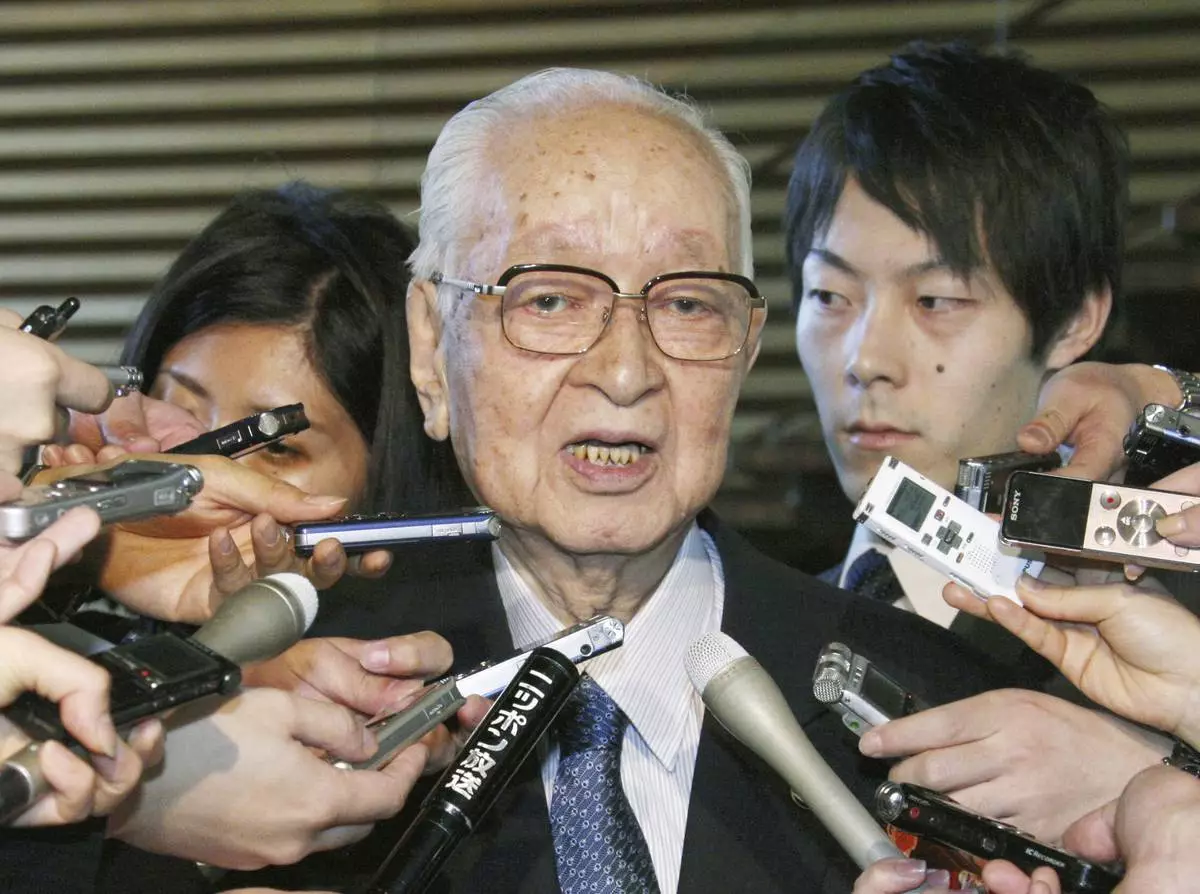
FILE - Japanese media mogul Tsuneo Watanabe, chairman of the Yomiuri Shimbun Holdings, speaks to reporters in Tokyo, on Jan. 17, 2014. (Kyodo News via AP, File)



